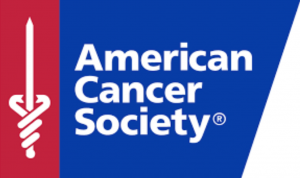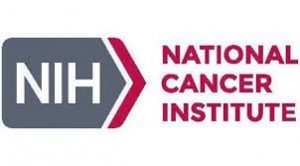Resources
The informational resource links below provide access to a broad range of information about cancer prevention, support, risk factors, treatment, and statistics.
American Cancer Society(ACS) provides resources, support, and information for people with cancer, as well as the general public, including information about environmental and occupational cancer risks. Get support or learn more about cancer risk factors and how you can reduce them.

Centers for Disease Control and Prevention (CDC) protects people in the U.S. from health threats by monitoring disease, conducting critical research, and promoting prevention and public health. Get cancer statistics and find out more about what CDC is doing to lower cancer risks in the U.S.

National Cancer Institute (NCI) is the primary U.S. public agency for cancer research. NCI conducts and supports research, training, health information distribution, and other programs related to the cause, diagnosis, prevention and treatment of cancer, rehabilitation from cancer, and the continuing care of cancer patients and the families of cancer patients. NCI also manages the Cancer Information Service (CIS), a national information and education network that is a free public service of the NCI. The CIS can be reached at 1-800-4-CANCER or by visiting the NCI website.

The goal of the Surveillance, Epidemiology, and End Results (SEER) Program is to reduce the cancer burden among the U.S. population. SEER is an authoritative source of U.S. cancer statistics. See SEER data or learn more about SEER.

Research by the National Institute of Environmental Health Sciences (NIEHS) uses state-of-the-art science and technology to investigate the interplay among environmental exposures, human biology, genetics, and common diseases to help prevent disease and improve human health. Learn more about how our environment can impact cancer risk.





